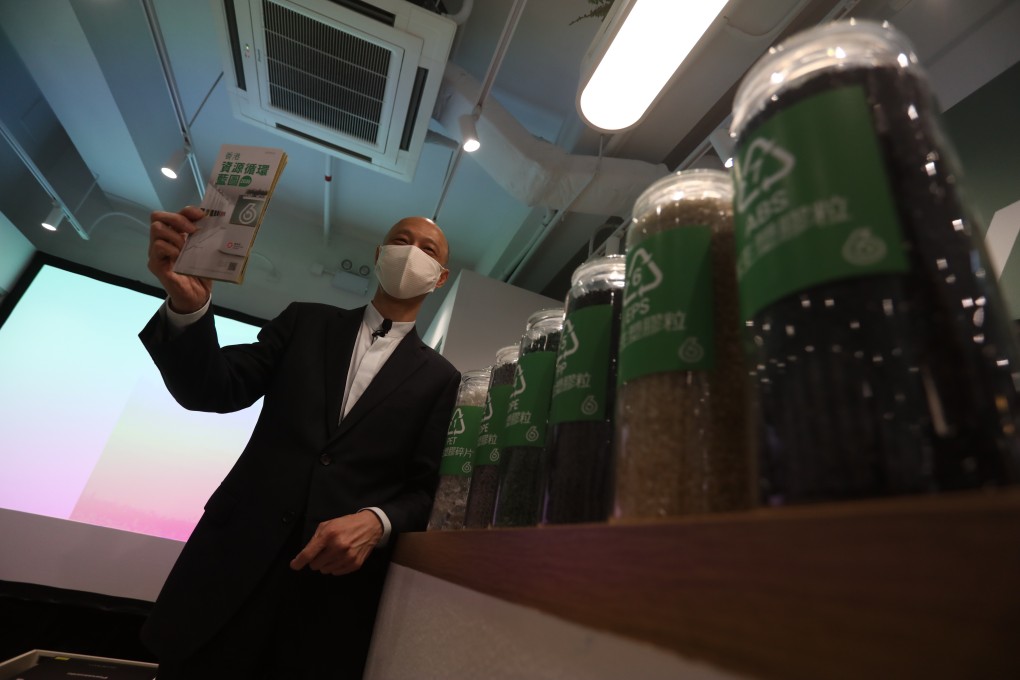Letters | For Hong Kong green card recycling scheme to succeed, lower the entry barrier
- If the ultimate goal of the smart card scheme is to attract more households and remind them of the importance of recycling, it is essential to eliminate likely deterrents.

In order to register for a card, each household is required to hand in no less than 2kg of recyclables to the community recycling network, in return for reward points to be used for the redemption of gift items: such as daily household necessities and groceries, or environmentally friendly products. In response to our Code on Access to Information request, the department explained that the 2kg requirement is to encourage families to share and treasure one GREEN$ smart card.
However, accumulating 2kg of recyclables, especially those made of lightweight materials such as paper, plastic and aluminium, may take a long time. It is even more time-consuming for smaller families or one-person households. Without any rewards before meeting the requirement, families may choose, out of convenience and lack of space, to dump the recyclables as normal household waste, or take them directly to private recycling companies in exchange for money.
We appreciate that the GREEN$ scheme is in its early days, but, if its ultimate goal is to attract more households, and remind them of the importance of recycling, it is essential to eliminate any obstacles that may deter people from taking part.
Not only should the Environmental Protection Department lower the entry requirement, it should also give bonus electronic points to newly registered members, in order to motivate more Hongkongers to recycle regularly.
The GREEN$ scheme is unquestionably the right step towards building a greener and more sustainable environment in Hong Kong. Nevertheless, there is a need to continue to refine the programme and to emphasise the importance of reduction and reuse of waste.
Lee Sing Hong, Leung Tsz Yui and Lai Tsz Yan, students, Hong Kong Baptist University
